We've found 1000 matches for your search. Order by
Results
-
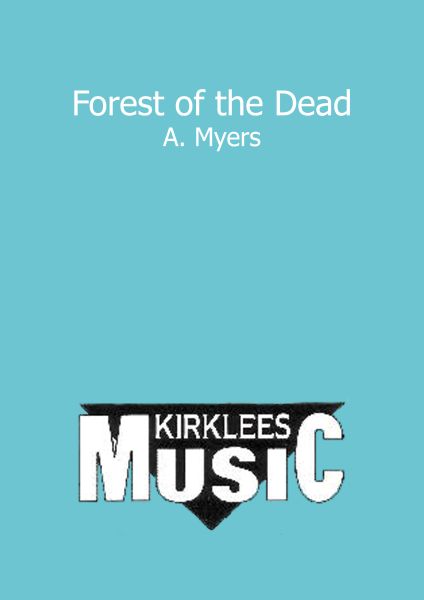 £21.50
£21.50Forest of the Dead
Estimated dispatch 7-14 working days
-
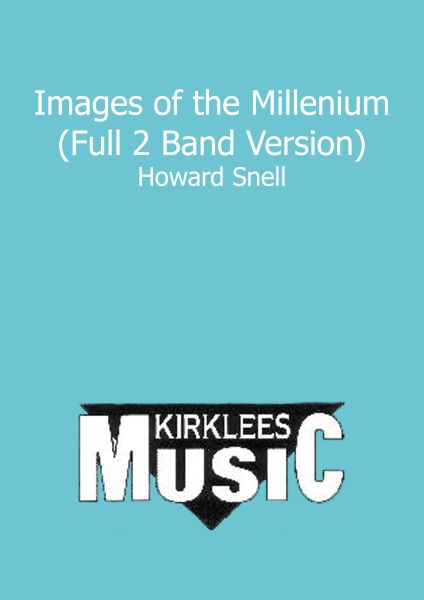 £119.00
£119.00Images of the Millennium (Full 2 Band Version)
Estimated dispatch 7-14 working days
-
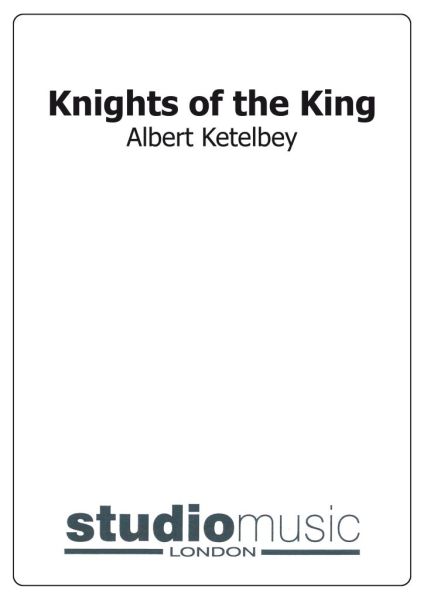 £24.95
£24.95 -
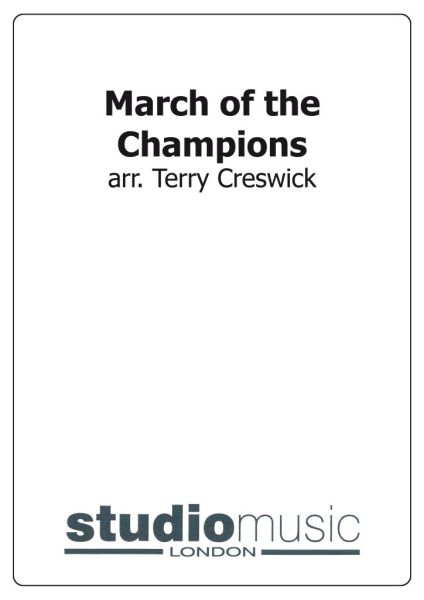 £24.95
£24.95 -
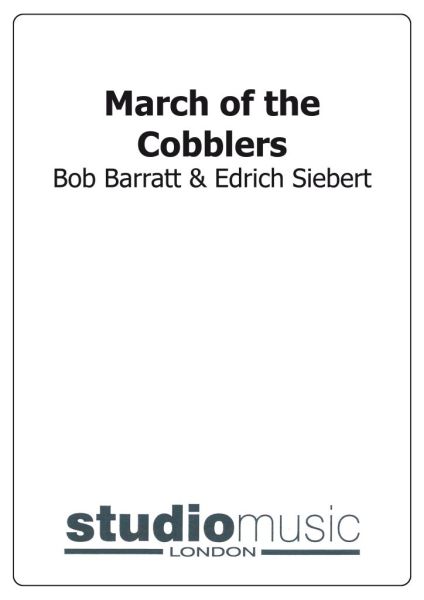 £24.95
£24.95 -
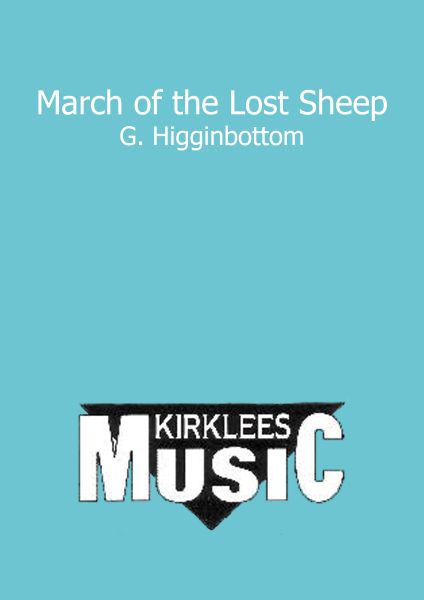 £25.00
£25.00March of the Lost Sheep
Estimated dispatch 7-14 working days
-
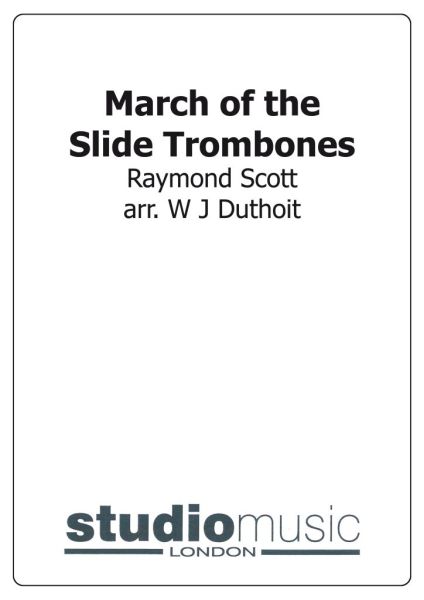 £24.95
£24.95 -
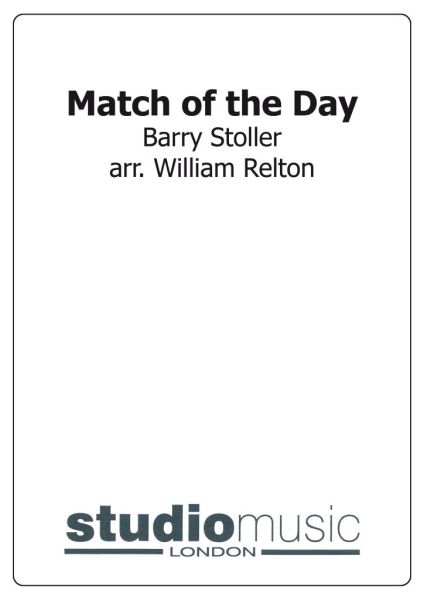 £24.95
£24.95 -
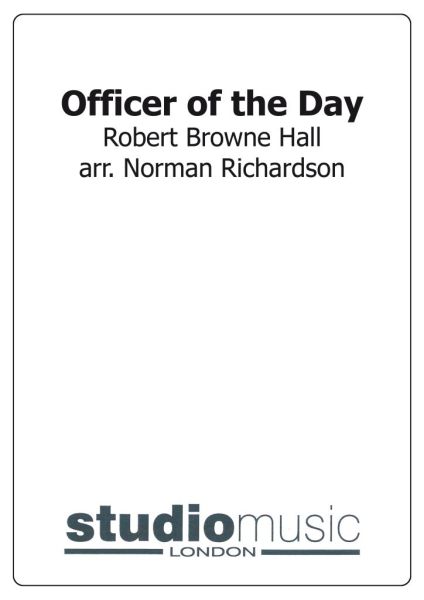 £24.95
£24.95 -
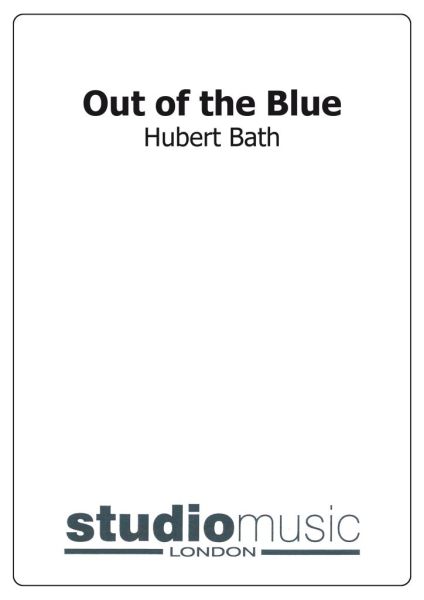 £24.95
£24.95
